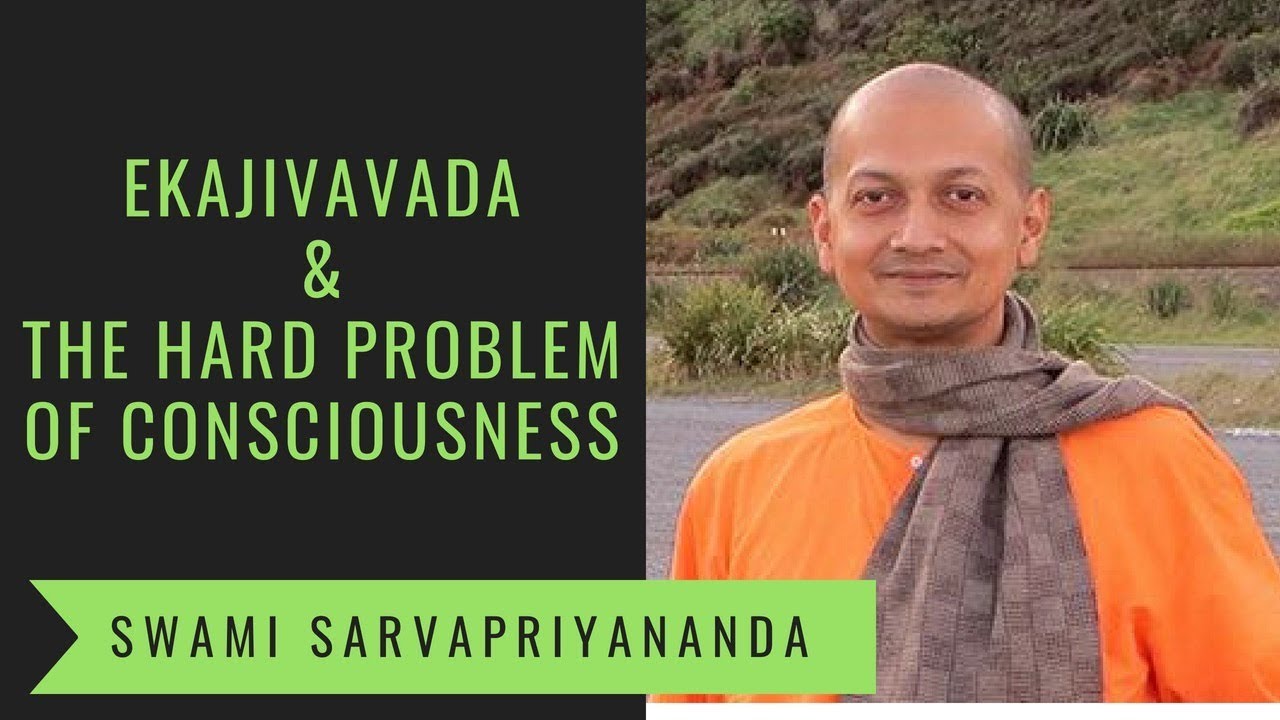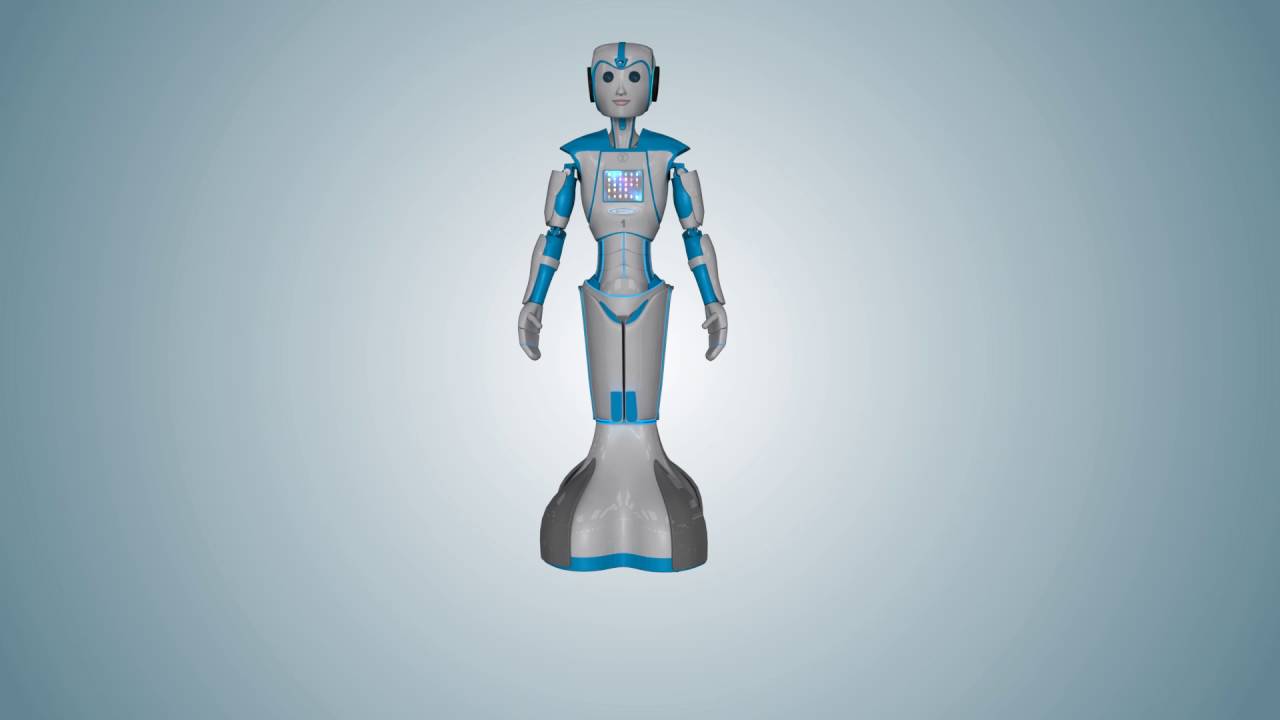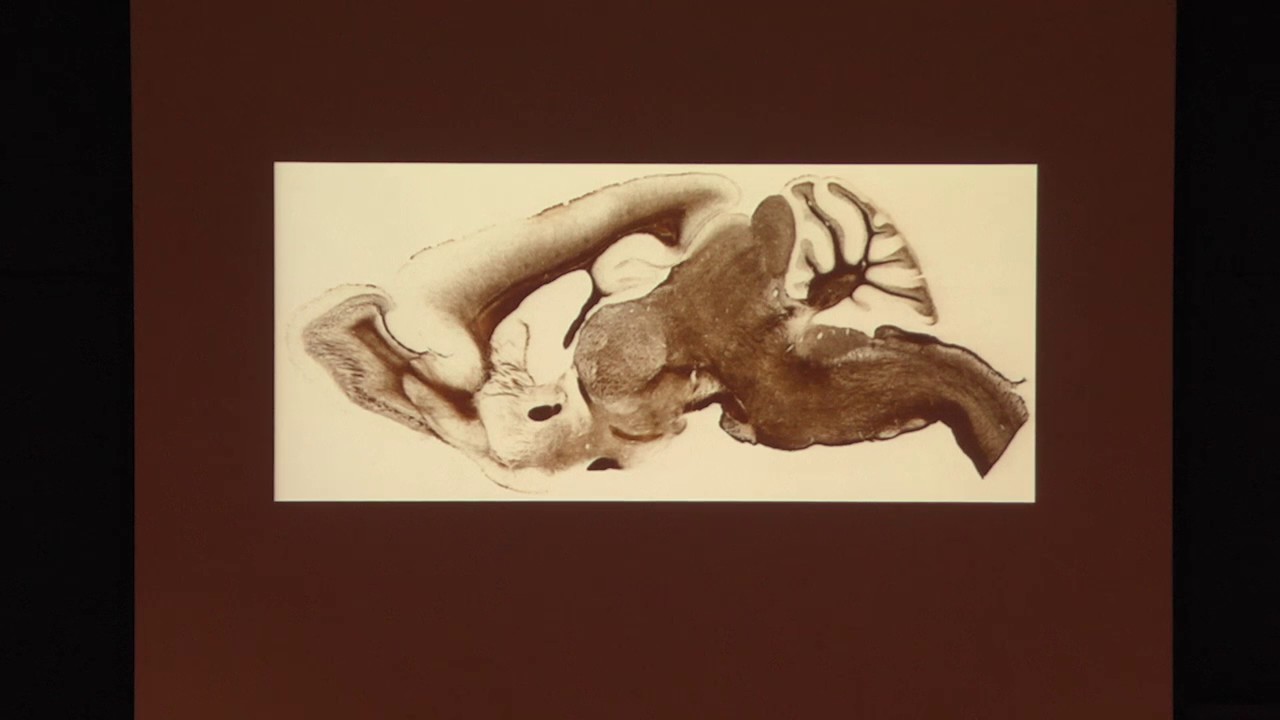Vedanta NY
Swami Sarvapriyananda talks about the Hard Problem of Consciousness. This video is part of a Q&A from May 27, 2018.
► Donations to support Vedanta Society of New York: http://bit.ly/SupportVedantaNY
Web: http://vedantany.org
Twitter: http://Twitter.com/VedantaNY
Soundcloud: http://Soundcloud.com/VedantaNY
iTunes Podcast: http://bit.ly/vedanta-talks-itunes
Google Play: http://bit.ly/vedanta-talks-google-play
ABOUT VEDANTA
Vedanta is one of the world’s most ancient religious philosophies and one of its broadest. Based on the Vedas, the sacred scriptures of India, Vedanta affirms the oneness of existence, the divinity of the soul, and the harmony of religions.
ABOUT US
Vedanta Society of New York is affiliated with the Ramakrishna Order of India. In fact, this is the Order’s first Center started by Swami Vivekananda, in 1894. It was a historic event, for the seed of the world-wide Ramakrishna Movement was sown here in New York over a century ago. Swami Sarvapriyananda is the present Resident Minister and Spiritual Leader of the Vedanta Society of New York.
Source




https://youtu.be/78gteVJwdDI
I have heard about a great theory which is based upon what swami ji is saying here at the end of the video. So, we are all the whole universe that we perceive (and so there are as many universes as there are human beings) but the universe we perceive is based upon informations that are common to all individuals, and the actions we do will interfere in the conscious experience of others and so we believe we are in the same universe.
It is like a network video game ! Each player perceive the world of the game with his own screen, but all players see the same game because the program run is the same, and the actions made by one player will affect the game as a whole. But the game is just a program run somewhere, the picture displayed on the screen is not the reality, just our experience of it.
In the same way, prakritti contains in a root form all possibilities, and when individual consciousness Purusha enters in contact with prakritti, the individual experience unfolds, but this just maya, an appearance.
That could explain why mathematic theories can explain physical relaties so well and so accurately : because mathematics is the langage upon which is based the program which manifests the reality.
Also, people who can guess the future are just reading the code of the "video game". Miracles occurs when people change the code…
And the gods are also some higher parts of ourselves (that's the advaita point of view), so for example that's why Ganesha is said to contain the world in his belly, and why he can remove obstacles in the future (he has access to the code of the game let say)
But this theory does not explain why our brains are so complex : if our thoughts, feelings and also the external perceived world are just a manifestation of our conscious nature, which is just a kind of consistent and organised dream, why do we need a brain with all these neurones connexions ?
When truth reveals itself you realize that you are it. And that the Drashta Drisya divisions are your own misinterpration of your true self, in a mind posture. Illusions are self centered. You are the reason Drisyas appear to you. No you no universe.
That's so nice explanation
Consciousness is like water its everywhere but it could be stored in different bottles , it could be seen in lakes, Rivers and oceans .. we know this as different and we call it as Indian ocean or Pacific but in the end its just water.
The fact that everyone can say I am the only one jiva that exists makes this ekajivada a non sense philosophy.
very god explanation
Sir Roger Penrose and Stuart Hameroff discuss how the discovery of quantum vibrations in 'microtubules' corroborates the theory of consciousness
https://www.elsevier.com/connect/q-and-a-2-renowned-physicists-on-the-controversial-theory-of-consciousness
When are Bhagavadgita classes going to start? I am eagerly waiting. Please let us know
Being a science student, this question (exactly same), was troubling me since last year. Still, there is no answer. The question arises which molecules (in our brain), produce first person experience, or if it's soul who experiences, then how these materialistic molecules (neurons) transfer information to our soul. (non-materialistic).
@ 6:47 what a paradox !!!!
😊👌
Swami ji,
Please excuse me for this. I think the idea of comparing dream state to waking state came from Gowdapada Karika of Mandukya upanishad(or could be earlier).Nobody else exist but me is true only when I place my self in Bramhan. It is not true when I place my self in the body and 'litle I'. Just my two cents.
A sun has risen in the west. He will cause a Tsunami.
Thank you, Swamiji. Please forgive the rambling which follows. I just had to get these (perhaps useless) thoughts out there.
It seems like Panpsychism was touched upon slightly before 1:41. Panpsychism is misunderstood. In my personal view, a microphone doesn't have a concept of itself as a microphone because is just a name and concept we superimpose upon the staggering aggregate of particles and forces which comprise this form labeled by us as a microphone. The fundamental particles and perhaps molecules may have an extremely rudimentary flickering of moments of phenomenal consciousness. The electron may feel a non-conceptual attraction to a proton and vice versa. Bertrand Russell claims that physics tells us what matter does (it's dispositions), but not what it IS and offers sophisticated arguments that claim that dispositions must be grounded in something else (if I understand him properly). This something else may very well be consciousness. The spatiotemporal behavior of "matter" is really the behavior of an underlying phenomenal or conscious reality. To me, this underlying reality IS Brahman. This can be an elegant solution to the hard problem which actually dovetails with Advaita (though not without problems…such as the combination problem… which affects micropsychism, but not the version of panpsychism which posits the Universe itself as THE fundamental entity. Please see Philip Goff for more on this, if interested). The Chit/Cit aspect of Brahman is in EVERYTHING in widely varying degrees, because the scale of an object is tied to the relative limitation or expansion of its consciousness. I see no conflict between Advaita and Panpsychism. Finally, panpsychism is a good option because it says that consciousness never began to exist. It is the phenomenal aspect which always, in varying degrees, accompanies forces and particles, molecules, cells, and organisms. It refutes both physicalism and substance dualism, both of which face much deeper problems than panpsychism.
As I see it and as I understand Advaita Vedanta's position to be, Consciousness/Brahman manifests itself as the entire universe in its endless Lila. Knowing ourselves as that Brahman, to me personally, is amazing and profound, and I largely have you (and Anantanand Rambachan) for that. Ok. I'm going to end my ranting and try settle back gradually into my Nirguna aspect and go to sleep. Of course, everything I have said may be nothing more than a mere opinion. God bless you, Swamiji. May you be well!
Negative teachings.This teaching is contrary to humanity.It is sickening and psychologically damaging imaginary theory.It is not Dharma.Humanity is the Dharma.This theory does not believe humanity.It believe in imaginary divinity.It is contrary to normal way of life.It preach to follow a abnormal mentally sickening way.
like many waves ..each wave is ocean fron its point of viiew
প্রণাম
🙏🏻🙏🏻🙏🏻
I think all who know Swamiji love to hear him. There is no need to upload fragment of his lectures. It creates duplicacy, I mean sometimes we have heard the lecture but because of new title we think it's new.
https://youtu.be/9TdI8n-F8hY
Wild rose
If ever in solitude I incarnate as a wild rose
My heedfull smile will share parity for those
Who appear in my awareness to find His trace
My smile for the seer to see me and embrace.
I know my fragrance will dissipate, Colour will fade.
Before death I must sing his glory and pass His aid.
My leased body as wild rose, appeared in your awareness.
That you may realize Thee, I mingle in that consciousness.
Thanks
Learnt Vedanta from you the secrets of true living.
I have experienced during meditation that mind is the culprit in creating the whole universe as we know it every kind of concepts are created by mind. When the mind stop chattering then we achieve one pointedness and there all desire all suffering ends all questions are answered thereby resulting in contentment and bliss.
Ekajivavada (radical solipsism) is correct. No one outside of you exists. All others and all things are appearing in your mind. There is no evidence for anything beyond that. But this view is only correct if you realize that you, as an individual, are also arising in your mind. You are dreaming up yourself and a world. The illusion that you seem to have more connection to one particular mind/body is created by the limiting factor of the human mind. As long as you identify with the human mind, then you remain stuck in solipsism. Once you see that you are the Mind that dreams all that is, then you have perceived the truth. We are all equally made of dream stuff.
We can pursue advaita but we will have to recognise the law of existence, the characteristics of body, buddhi, ahankara manas chitta and do the correct form of karma to reach there. Its true about oneness but other sides of the coin also exists so we have to build a method. If I were to put it in an interpretation, its like a rock. Various sides but as a whole its still a rock. At one perception of physical you see this, another perception of qualities you see another. Many sides and aspect they flow like one river. Trying to turn into a physical means human beings are not recognising their own reasoning mind and its qualities properly so no matter what physical means is applied to solve this. Material without spirituality will end up causing fear unknowingly, blindness, suffering while living etc such but no growth
Swami Ji, I am at your feet please accept me as your shishya. Guide me to the reality.
I don't think the swami gave us an answer to the hard problem. Did he?
After many days of study regarding advaita vedanta , I have come to the conclusion that unless and until one practically sacrifices his lust for the result of his actions , one cannot grasp it correctly and make realize in day to day life.
Even after meditating much , there will remain a doubt weather this consciousness exist , or is this just a sham of my brain ????
That is why complete surrender to a teacher is necessary.
My deep regards to Swamiji – so much indebted to him! This is what the Merriam-Webster says about 'Solipsism' and its origins: https://www.merriam-webster.com/dictionary/solipsism (Latin – solus/alone + ipse/self). Even though it broadly means 'The self is all that there is to know', apparently, at least in recent days it also points to an extreme ego-driven selfishness or self indulgence. Is there a room for confusion here? I don't know if the English language even has a corresponding expression for the 'darshana' Swamiji (I think) is explaining here – that the whole universe, including this puny ego ('the 'small' i) also arises in 'My' awareness, and (by extension) that ego it is no more special than all the other egos. Rather than translate, should we be sticking to the Sanskrit original (ekjivavada) while continuing to explain/elaborate in other languages?
Swamiji, who creates the maya / illusion? Does Maya means the mouse in front of myself is not mouse, actually it is consciousness or empty space (for the understanding)?
Want to listen more
Swami Ji– May the FORCE be with you…always. For you are the chosen one.